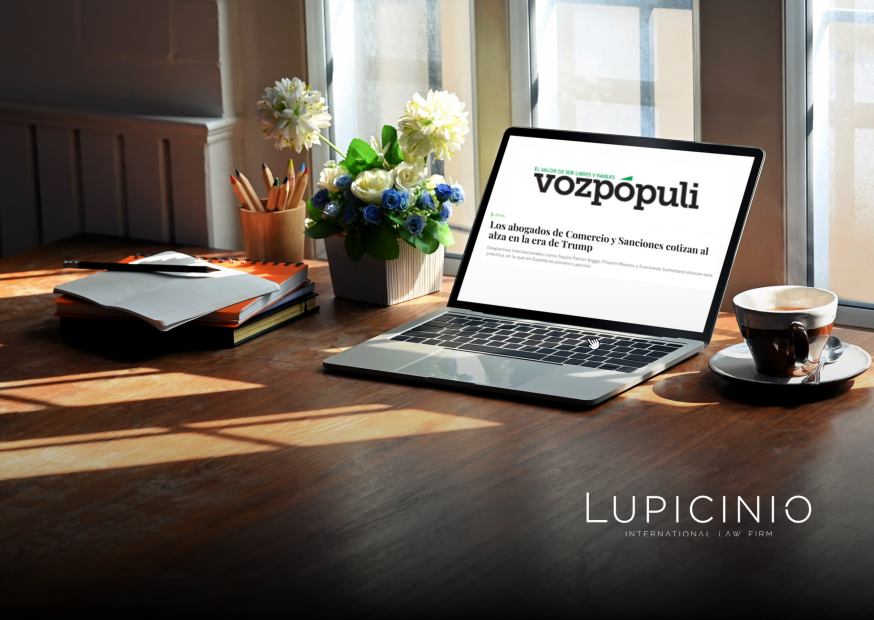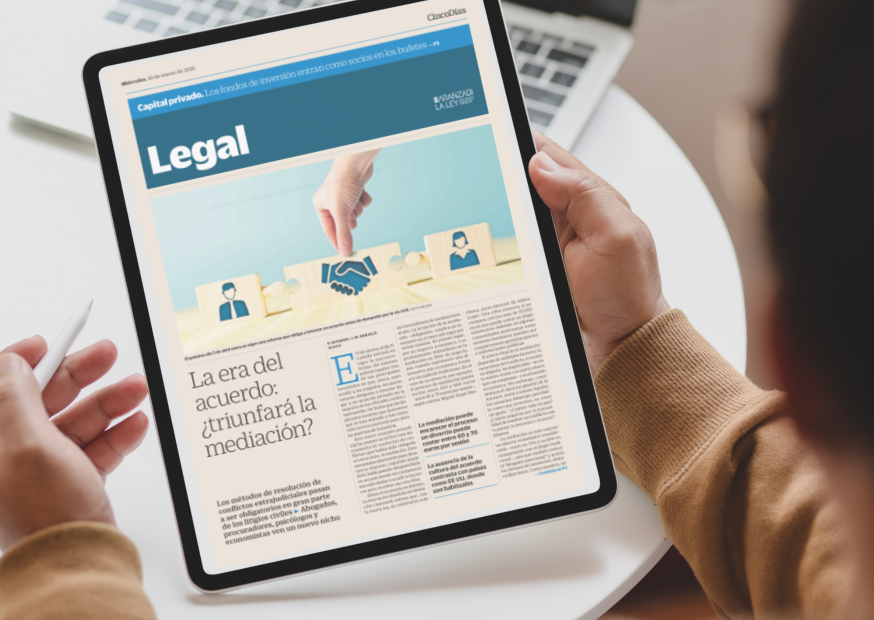On the inconsistency of sanctions imposed by the EU on certain Russian persons for the events in Crimea
In recent weeks the EU has sanctioned an ever increasing number of Russian politicians and representatives because of the political events that have taken place in Crimea. On March 17 the European Union authorities adopted Decision 2014/145/CFSP concerning restrictive measures in respect of actions undermining or threatening the territorial integrity, sovereignty and independence of Ukraine, and also Council Regulation (EU) 269/2014 under the same title. These provisions provided that all funds and economic resources belonging to or controlled by the persons listed in their annexes would be frozen, and that none of their financial assets of any kind (cash, securities, deposits, loans etc.) could be made available, either directly or indirectly. It can be said that this is the typical type of European sanctions used to freeze assets, since they are very similar in their content, exceptions, procedures and manner of cooperation with the Member States of the EU that have been used in the past against other sanctioned states, for example Iran.
In general, the measures create the impression that they have been reached urgently and without any great reflection or development. Even without a fuller in-depth analysis one can see that they are full of inconsistencies and, should they be subject to appeal, it is likely that in a great number of cases they would be annulled by the Courts of the European Union. In this regard, any eventual appellants may raise various arguments to have them annulled.
Although the freezing of funds and assets does not deprive the individual of his property it undoubtedly involves – as has been repeatedly held by the Court of Justice of the European Union – a serious restriction on the affected party. The limitations on his rights are very real and highly significant, and even more so when we consider that the Court has held that the right to property is one of the general principles of EU Law. Furthermore, to determine the scope of this fundamental right we must bear in mind, in particular, article 1 of Additional Protocol Nº1 to the European Convention on Human Rights which refers to general principles of international law and according to which the deprivation of property rights is only legitimate when it is justified, non-discriminatory, and, as necessary, adequately compensated.
The sanctions at issue here involve an illegal deprivation of property since they fail to satisfy these three requirements. We would especially like to point out an absence of justifications and their discriminatory nature, given that in many cases applying the sanctions means infringing fundamental rights. Certain reasons for the sanctions are given, among others publically raising certain political viewpoints, or publically requesting the annexation of Crimea to Russia, or proposing legislation in Parliament, or even just publishing news. Punishing people by freezing their funds and assets for reasons such as these is a serious violation of the human rights enshrined in the Charter of Fundamental Rights of the European Union since it undermines freedom of opinion, the freedom of expression, the freedom of the press etc. Acting against the Russian Deputy Prime Minister for calling for the reintegration of Crimea would be – mutatis mutandis – the same as sanctioning a Spanish MP for demanding the return of Gibraltar.
We believe these are very challengeable sanctions both in terms of their origin as well as their political motivation. Predictably, their inherent weaknesses will be reason enough for the Courts of the EU to review them thoroughly.






